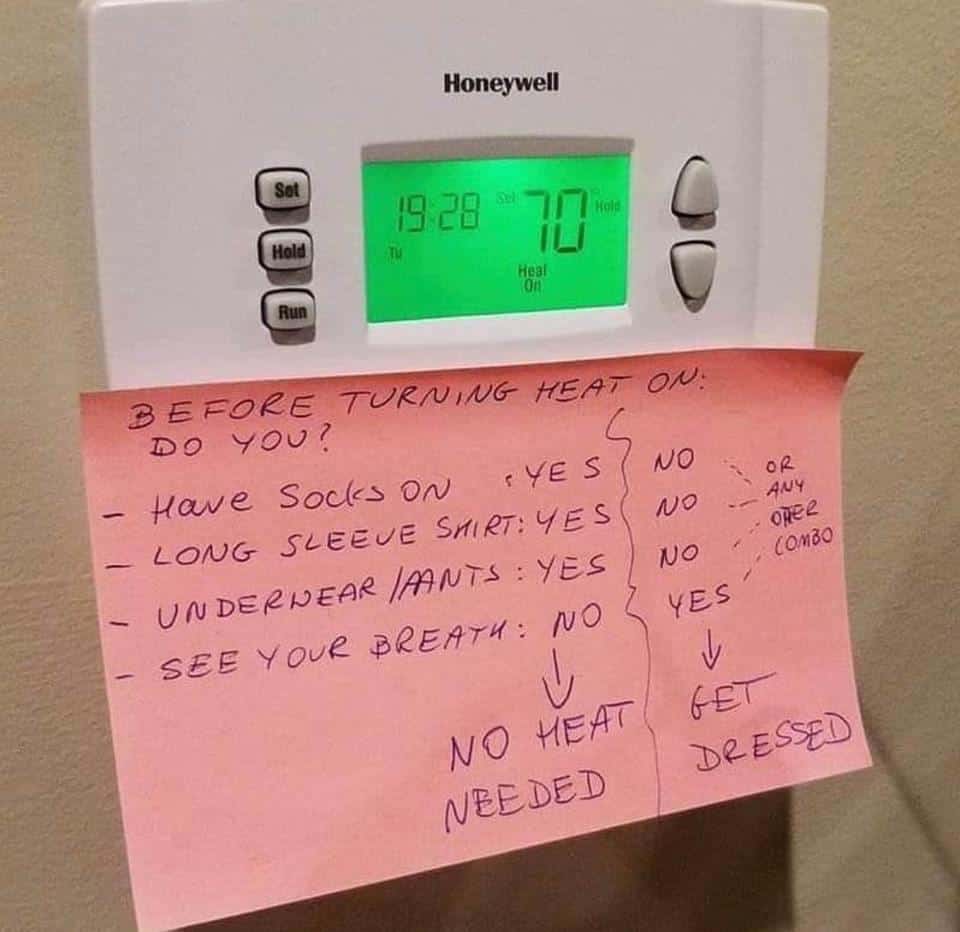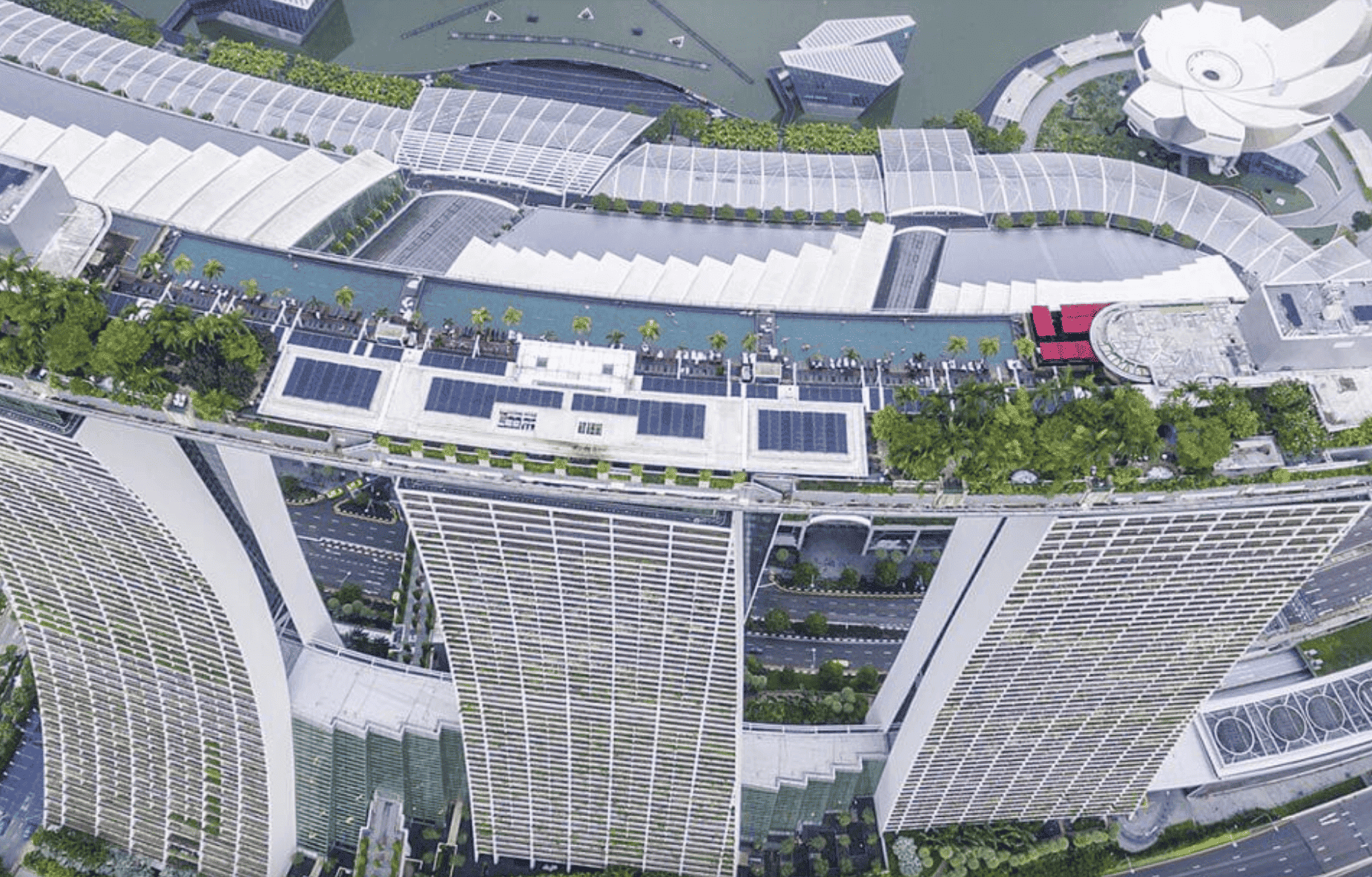Whether you have heard this in the news, read on your social media feed or just looked at your recent electricity bills, it’s clear to everyone: energy crisis is here. In Europe, reliant on Russian resources, in North America and other markets, the price of utilities is being felt everywhere.
The energy emergency takes a toll on the economy and plays a role in the impending recession. It is affecting daily operations of many businesses, and hospitality is not an exception. Together with inflation, labor shortage and still recovering from the pandemic restrictions, hospitality professionals have a lot to deal with. On top of all this there are growing guest expectations for cleaning standards, waiting times and the overall consumer experience. Really rough waters to navigate.
In this article we will review how rising cost of energy affects the hospitality and travel industry and how operators deal with this challenge.
Geography of the energy crisis
Soaring energy costs are causing widespread hardship across the globe. Europe is at the epicentre of this crisis, with natural gas prices reaching the mark 10 times higher than last year. Multiple energy companies are failing, while household and business utility bills are growing, causing damage to the economy and people’s wellbeing.
Meanwhile in the US, China and Brazil fuel prices, including oil, are going through the roof. This impacts everything from customer spending, logistics and transportation, hiring, etc.
Significant part of vacation homes and buildings in Europe are old and not very energy-efficient. The rental stock situation is pretty similar in Canada, with Victorian housing units, traditional chalets, etc. Northern Europe and Canada, where colder months last longer and temperatures drop significantly in winter, as well as hot US states, are feeling the crisis the most.
How local governments help businesses with high energy bills
The European Union has managed to fill its gas storage to 90%, working collectively to strengthen the supply. This comes from the report of the International Energy Agency. European countries are implementing energy price caps, releasing aid packages and implementing tools and programs to regulate consumption. The help is welcomed, however in some countries it is not enough to make hospitality immune to the hardship. In UK, for example, the industry leaders are talking about the need to implement tax reduction and incentives to accelerate long-term energy-saving initiatives.
In Spain, the government has mandated that hotels, airports, stores, and other businesses must keep their thermostats at certain minimum levels. hotels can’t cool rooms below 80 degrees Fahrenheit (27 degrees Celsius) or heat rooms in winter above 66 degrees Fahrenheit (19 degrees Celsius). Inspectors will tour facilities to make sure air conditioning and heating systems are running efficiently.
In US the Biden administration will provide roughly $9 billion to help low- and moderate-income families lower energy costs by making energy-efficient upgrades to their homes.
There are plans and programs to reduce energy costs for hospitality businesses on a state level, incentivizing energy-efficiency improvements in hospitality. US Environmental Protection Agency runs clean energy and energy efficiency programs for families and businesses.
The effect of higher prices for energy on hotels and vacation rentals
It is clear that higher energy prices have negative impact on the entire hospitality industry. Big hotels have the negotiation power to lock electricity prices, have energy management strategies in place, etc. Vacation rentals are less prepared for this. Significant part of the vacation rental inventory, especially in Europe, includes old public buildings and houses with old systems. Property owners are not full-time residents and not always ready to invest in long term renovations and upgrades to decrease a rental utility bill.
On the other hand, hotels use far more energy because they operate power-hungry systems such as water heating, laundry, and HVAC. They have larger communal spaces and amenities to constantly heat up or cool down. Controlling air conditioners and other devices in hundreds of hotel rooms, is a real problem for hoteliers in current situation.
Property management companies and operators don’t feel the price increase directly the way hotels do. This is because usually rental owners and hosts are the ones, who pay the utility and energy bills. The high prices for energy created ripple effects on the subcontracting companies, such as cleaning and laundry service providers. This increases operational costs for hotels and short-term rental industry. Hotels report a 30% increase in operational costs on average. Many of operators expect a hard winter ahead and are taking measures to deal with the crisis right now.
How hospitality businesses deal with impending energy crisis
Two main ways hospitality businesses are taking are: passing the cost to the consumer and cutting back the energy consumption. Bigger players negotiate their rates, however in today’s volatile market it is challenging to lock energy prices. The industry is turning to governments and local officials for support.
We looked at steps that short-term rentals and hotels are taking to overcome the energy-related hardship:
1. Higher booking prices and extra fees, aka energy fees
Hospitality operators are increasing their rates to preserve profitability with the rising energy costs and inflation. However taking into account already high rates and the electricity bills hitting traveler’s purchasing power, this strategy isn’t sustainable long-term. As an alternative, more and more operators are looking into the option of charging the guests for utilities consumed during the stay. This is a common practice for long-term rentals and some property investment companies recommend converting short-term renal units into long-term. But it turns out that energy fees are not strangers to vacation rental industry. In fact in some European markets, such as South of France, Denmark, Italy and Spain, energy fees are a common practice.
According to Rental Scale-Up article, quoting Simon Lehmann from AJL Atelier, in this countries operators charge extra fee for heating, electricity and wood, consumed during the stay. In Canadian cottages, guests have to replace the wood they’ve used during the vacation.
It can be a decent alternative to higher rates as a way for consumers to bear rising energy costs. However rental platforms have changed guest expectations and their attitude to extra charges. We can see that in the recent Airbnb update, addressing the way extra fees are displayed to the guests.
2. Educating guests on responsible energy consumption
It is difficult to control whether guests turn off the lights when they leave or how long do they shower. While it is possible to install occupancy detectors and climate monitors, it is also important to educate your customers.
It is important to have clear communication with guests to prevent inconsiderate behaviour and encourage responsible consumption. There are many ways to communicate the energy-saving guidance and tips to your guests. For example, putting information on the website, sending automated messages with reminders and having physical signs in the properties. However, our favourite option is creating a dedicated digital guidebook with tips on environmentally responsible actions during the stay. You can provide your guests a set of recommendations, such as closing doors and windows, unplug appliances and more.
An effective way to make people care about energy consumption in a rental property is to demonstrate the real time consumption. It was interesting to discover Sustonica, a company providing sustainability certification for vacation rentals. The company has recently launched a service that is providing your guests access to their real-time electricity, water and gas consumption. This encourages guests to reduce the consumption and also allows the company to charge for an excessive or wasteful usage.

3. Energy efficiency measures as part of sustainability initiatives
While many hotels run sustainability programs, short-term rentals still don’t have centralized standards. Now sustainability initiatives are driven by monetary pressure rather than environmental concerns. Once STR operators “taste” the cost reduction as well as guests’ willingness to pay more for eco-friendly services, they don’t go back.
So what can a short-term rental business do to reduce energy and water consumption and waste?
1. Keep the heat/cold it: insulate your property
Ensure high levels of insulation that keeps the hot air in or out. For example, having double glazed windows, insulated walls, fixing cracks, etc.
“Walls can account for about 20 percent of heat loss in houses. In addition to heat loss through the walls, there are many cracks and penetrations that allow uncontrolled air leakage into and out of the house.” From Government of Canada instructions for home energy efficiency.
2. Use energy-efficient appliances
Dishwashers, refrigerators, washing machines, air-conditioners are just some of the appliances that now come in energy-saving models. You can buy the ones with the Energy Star tag. This indicates that the units can help conserve energy without sacrificing the appliance’s performance. Using A++ kitchen equipment reduces energy consumption by 50%.
3.Use smart thermostats
Install the technology that will help you control the utility bill.
By using climate monitoring and occupancy detecting devices aka smart thermostats, you will be able to control cooling and heating more efficiently. It will even let you know a particular temperature that saves more energy. You can also install a device that can tell whether the place is occupied or not, allowing you to only turn it on when necessary. Smart thermostats may be a bit expensive but it can be a great investment as one of the anti-crisis tools.
One of the solutions that receiving a lot of feedback of saving money in vacation rental businesses is Inspire Home Automation.

4.Consider investing in renewable energy
Adding energy storage and rooftop solar have high setup costs hence it is out of reach for many rental homes and buildings. Installing your own solar panel system costs about USD $16,000 on average. The benefits are pretty obvious, and long-term the investment pays off to those who can absorb the costs.
US homeowners have an opportunity to receive a credit for their income taxes, which lowers the tax bill with Federal Solar Tax Credit. For businesses there’s a Federal Investment Tax Credit for Commercial Solar Photovoltaics. It can be claimed on federal corporate income taxes for 30% of the cost of a solar photovoltaic (PV) system that is placed in service during the tax year.

The Inflation Reduction Act provides incentives for Americans interested in going green and adjusting their lives to climate goals and energy efficiency. including rebates and tax credits for electric vehicle purchases, home-electrification upgrades, heat pumps and solar panels.
Canadian provincial governments are also recognizing the importance of solar generated electricity adoption. They are providing Canadians with incentives to make the switch to solar. In four Canadian provinces there is a Climate Action Incentive Fund. The Fund provides rebate for small and medium sized business that invest in green technology, including solar PV. It’s up to 25% of project cost, ranging from $20,000 to $250,000. Various energy efficiency upgrades are eligible, including solar PV, hydro, and wind power generation.
These incentives bring North America closer to Europe in renewable energy initiatives. However most European countries have a head start on adopting the alternative energy. However, European hospitality industry leaders talk about the need to increase the Government support of the sector. The opinions range from expecting long-term energy efficiency programs and grants, stimulus packages. There is also an expectation for relaxing visa entry requirements for hospitality professionals and students to battle the labor shortage, as well as raising awareness about the energy crisis impact on hospitality.
The potential of savings, especially for hotels and resorts, is very high. As we see, energy costs continue to rise, which makes the savings with solar panels accelerate each year. It is fair to say that solar is an inflation-proof energy production.
5. Conserve water
While you can’t control how much time your guests spend in the shower, you can upgrade your fixtures. For example replacing an old toilet that is usually a great contributor to water waste. Or installing spray taps and eco low-flow showers that reduce the amount of water used.
6. Other sustainability initiatives
vacation rental businesses can implement is having recycling options, offering sustainable transportation, such as bikes or scooters, working with local suppliers, etc.
4.Warmer destinations – expect “energy tourists” this winter
The snowbird phenomenon is not a new idea. Many Canadians and Americans from Northern states are migrating to the sunbelt – mostly Florida, Arizona and Texas – to take advantage of the warmer weather. In Europe these are such destinations as Malta, Southern Spain and Portugal, etc.
This year more people might be looking at warmer countries as their vacation or even remote work destination. Rather than heating their homes, the “energy tourists” are planning to spend their winter abroad. The high energy bill instead of stopping people from travel might shift them to longer trips to places with lower cost of living and nicer weather.
Conclusion
The hospitality industry is concerned with the near future, the coming winter and soaring energy costs. However, businesses, that survived the COVID-19 pandemic, have a thicker skin, crisis management experience and new technology under their belt. It is time to cut costs, become more efficient, especially energy-efficient and find additional revenue sources to stay resilient in this downturn.
Check out the Top Vacation Rental Management Companies in the US!
Learn how Enso Connect can help your business to get ready for the upcoming winter and the years ahead.







One Comment